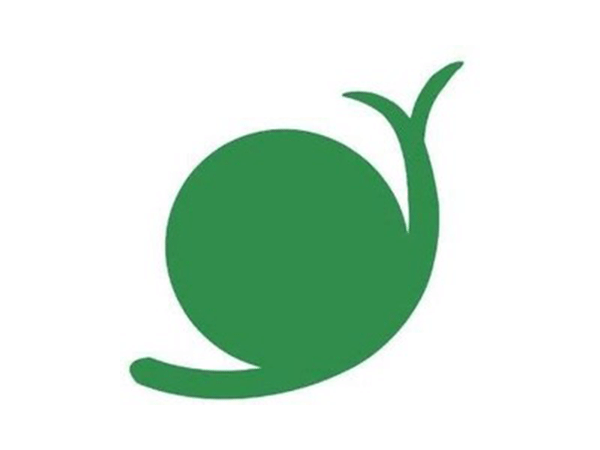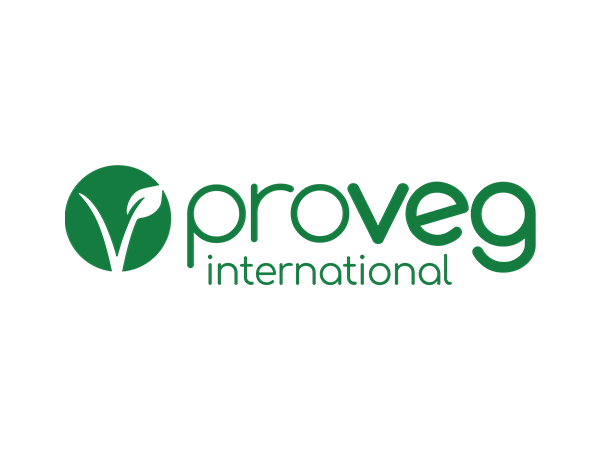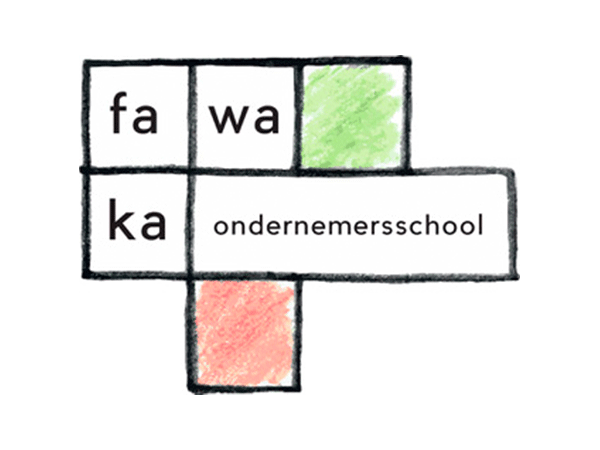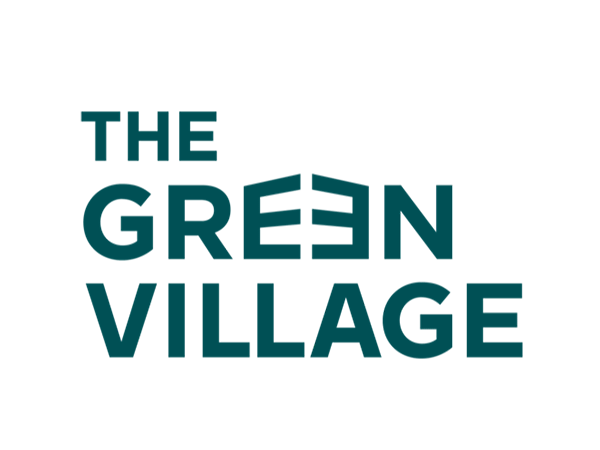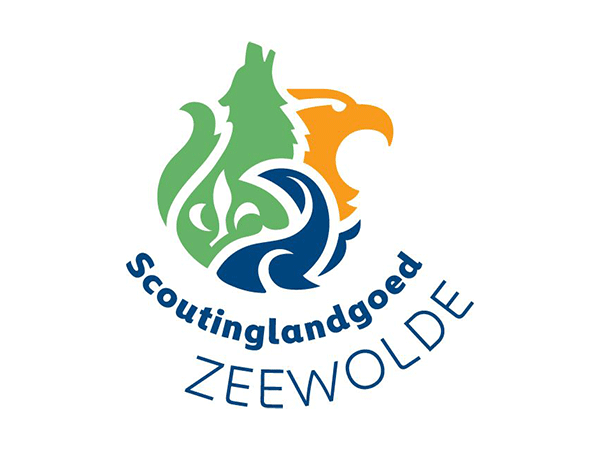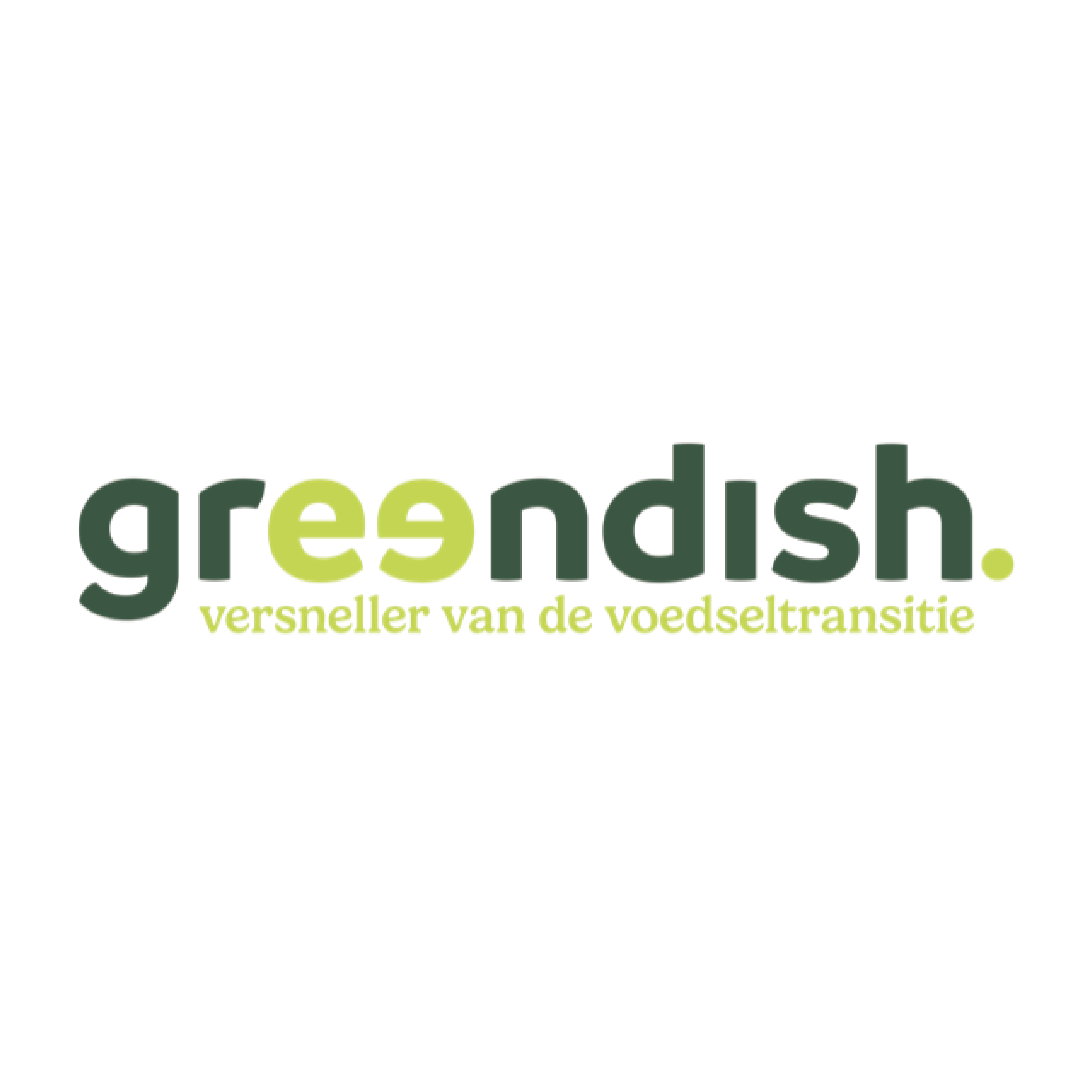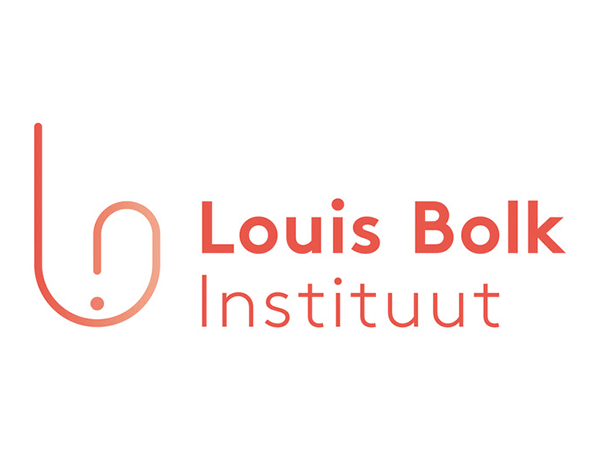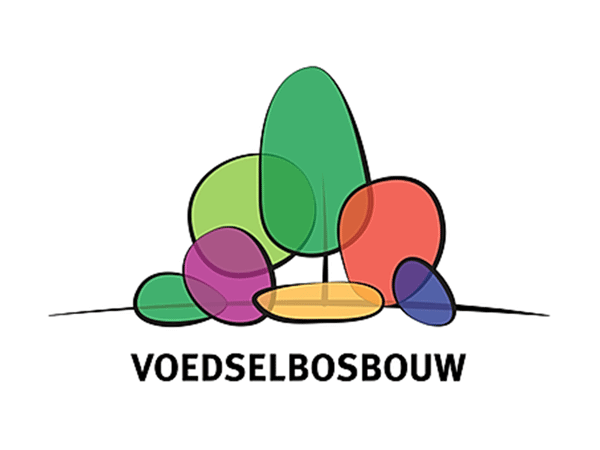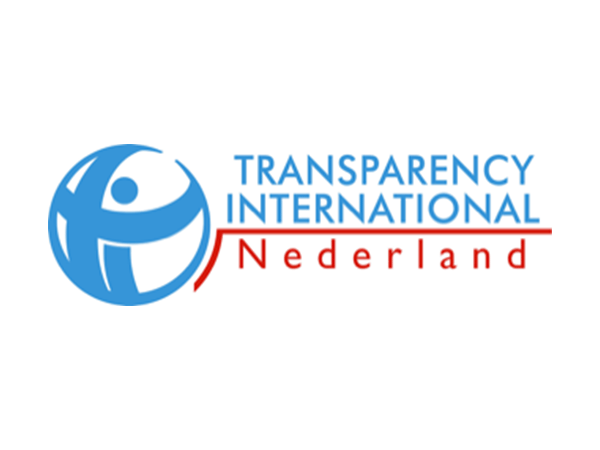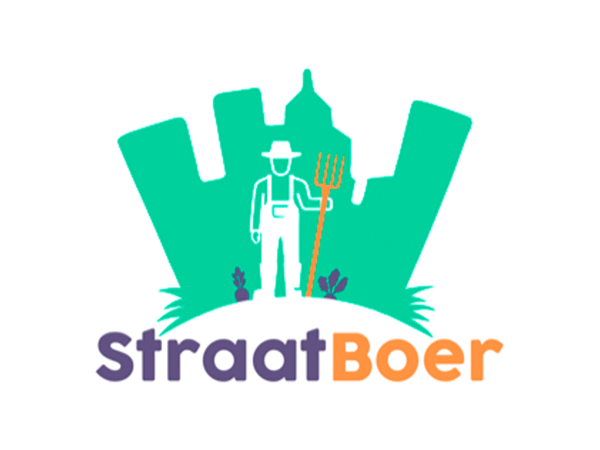The Slow Food Youth Network is a global movement of young people who want to make the world a better place through good food. Goeie Grutten provides multi-year organizational support to this international network, allowing them to strengthen their programming, project development, communication, and funding.
ProVeg International Nederland
ProVeg heeft als missie: wereldwijd 50% minder consumptie van dierlijke producten in 2040. Goeie Grutten steunt ProVeg’s belangrijke (Europese) lobbywerk én de opschaling van hun Veggie Challenge, een gratis, wetenschappelijk onderbouwde 30-daagse challenge (en app) om individueel of in een groep flexitarisch, vega of plantaardig te gaan eten.
Energy Race
Fawaka Entrepreneurial School and Race Against Waste join forces. Through an exciting competition between primary schools, children are introduced to the diversity of energy sources and their advantages and disadvantages. They learn about energy guzzlers and energy saving options and get to work on energy saving in the district by selling energy boxes.
The Green Village
The Green Village is a small experimental residential area, located on TU Delft Campus. It is a rule-free “open-air lab”, focused on the built environment. With research project 24/7 Energy Lab , a local, self-sufficient and integrated CO2-free energy system is realized at The Green Village for the built environment. It combines the use, generation and storage of renewable energy sources through a smart control system.
Zoutaccu’s Scouting estate Zeewolde
At Scouting estate Zeewolde there is a sustainable accommodation building the Avonturenhuis. In the field of energy, solar panels, solar collectors and storage of energy in batteries are being used to achieve maximum energy neutrality. The youth and young people who stay on the estate can literally see and experience how energy neutrality can be achieved. Good Grutten makes the purchase of the salt batteries possible.
Greendish
The Gelderland van Morgen project supports entrepreneurs in the hospitality, healthcare and catering sectors in making the food supply more sustainable. The focus is on eating more plant-based food and wasting less food. Within a consortium of more than 36 partners, Greendish is taking up the challenge: in the hospitality, catering and healthcare sector, ‘greening’ more than 10 million plates and wasting 15 to 25% less food. This should result in a CO2 reduction of 30-40%.
Louis Bolk Institute
The project “Children, climate and healthy eating behaviour” investigates whether primary schools can combine the greening of their schoolyard with the provision of food education. In addition, it will be investigated whether the combination of these activities leads to both positive effects on the climate and biodiversity in the schoolyard and the eating behaviour of children.
Voedselbosbouw NL
The Green Deal Food Forests partnership has completed a successful start-up phase, in which food forestry has shown itself to be a valid, innovative and inspiring form of integrated land use and food production. In the future, the momentum gained will be used to expand and deepen the cooperation for a national scale-up, and to help develop the necessary infrastructure.
Transparency International EN
TI-NL conducts follow-up research into the Dutch lobbying landscape and advocacy for a more transparent lobby. In doing so, it wants to strengthen confidence in public decision-making in the Netherlands. In 2015, TI-NL already did research and the report “Lifting the Lid on Lobbying” was published, in which the Netherlands scored low.
Street farmer
With the Bean Parade project, stichting Straatboer changes grey business parks into green urbanised areas. Employees of the participating companies, local residents and people with a distance from the labour market are actively involved from sowing to consumption. In this way, eating more vegetables is stimulated, but also biodiversity and climate adaptation.

